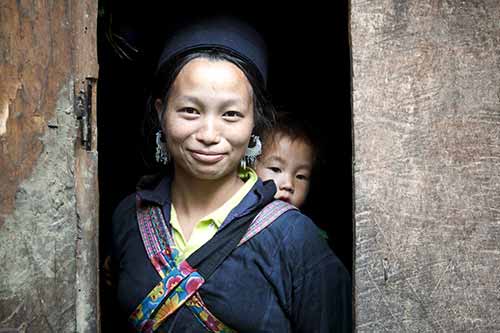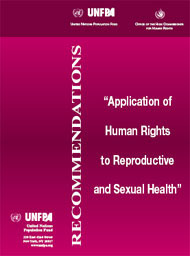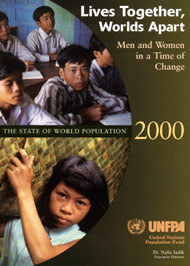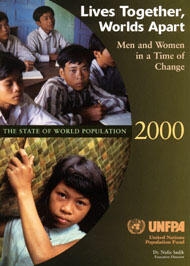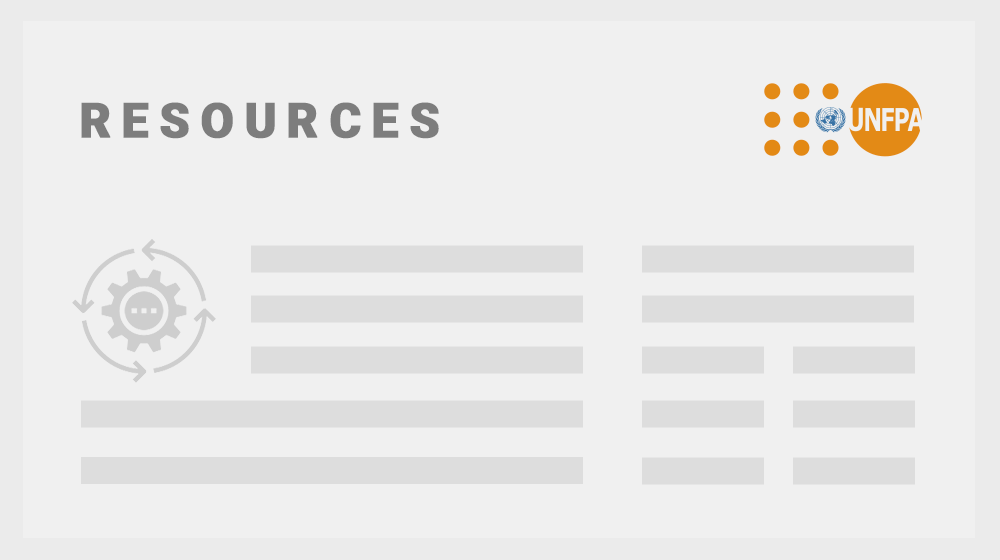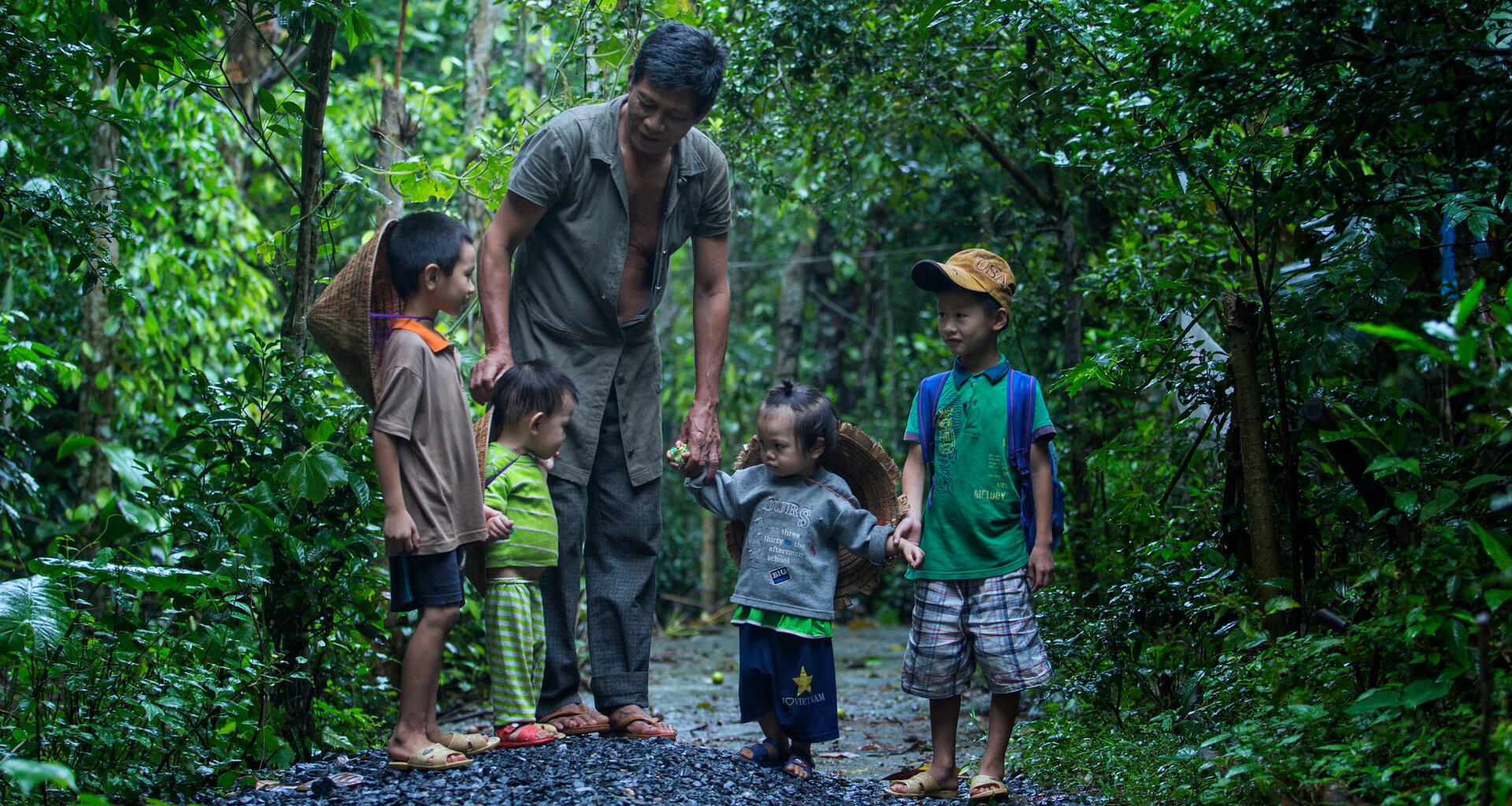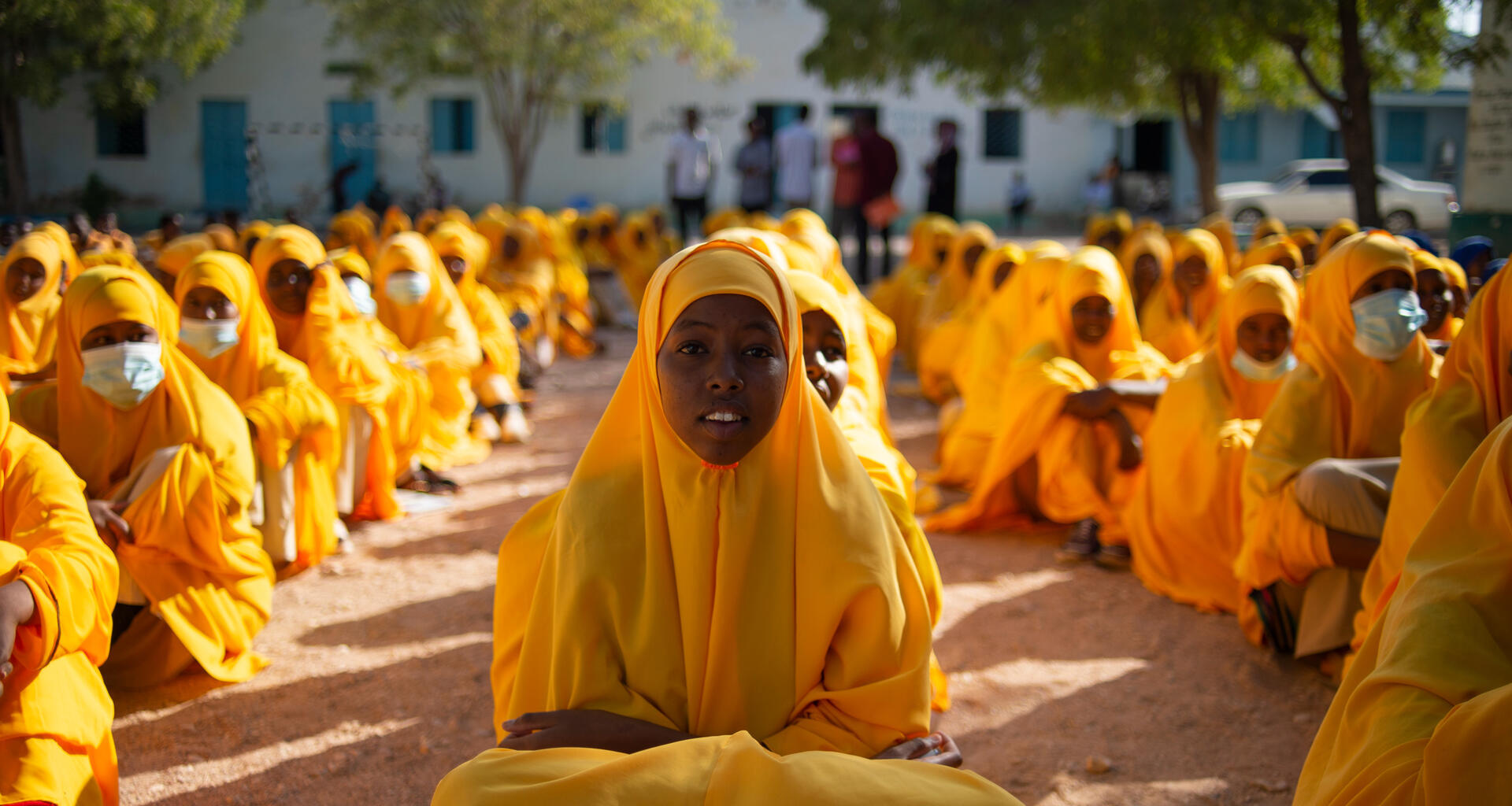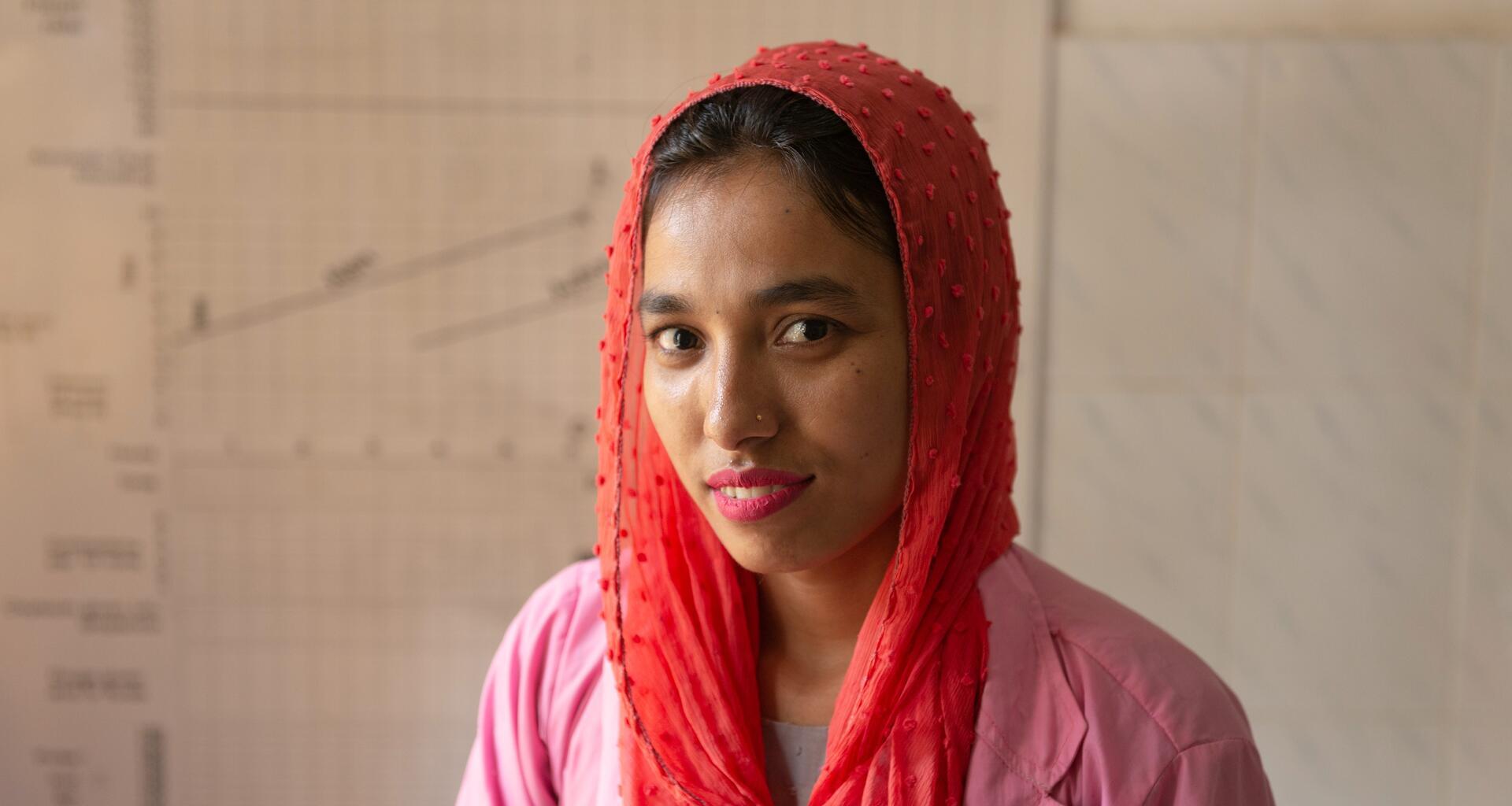Experience has shown that addressing gender equality and women’s empowerment requires strategic interventions at all levels of programming and policy making. Key issues include:
Reproductive health: Women’s ability to control their own fertility is fundamental to their empowerment and equality. When a woman can plan her family, she can plan the rest of her life. Protecting and promoting her reproductive rights – including the right to decide the number, timing and spacing of her children – is essential to ensuring her freedom to participate more fully and equally in society. Every two minutes, a woman dies during pregnancy or childbirth. Failure to provide information, services and conditions to help women protect their reproductive health constitutes gender-based discrimination and is a violation of women’s rights to health and life.
Addressing social and gender norms: Adopting a gender transformative approach to UNFPA programming means challenging gender inequality by transforming harmful gender norms, roles and relations, while working to redistribute resources more equally. On the 15-year anniversary of the International Men and Gender Equality Survey, UNFPA and Equimondo published the largest ever global study on men, masculinities and gender equality, with the goal of building an understanding of men’s and women’s practices and attitudes related to gender equality. The study is expected to inform, drive and monitor efforts to promote gender equality, particularly at the government policy level.
Economic Empowerment: Global economic systems still do not recognize the links between economic development and women’s bodily autonomy, ambition, time and contribution. Women’s participation in the formal economy is limited; they often have less pay than men, and their care work is undervalued. There is no country in the world where men’s contributions to unpaid care work or reproductive labour are equal to those of women. The burden of unpaid care work is also reflected in the gender gap in labour-force participation; the employment gap deepens with parenthood. When women’s health, family size, child spacing and economic circumstances are balanced and planned, women can better manage care-giving and employment. The result is increased agency, well-being and available human capital. This balance can be facilitated by a range of private and public interventions, including increased sharing of care work and reproductive labour in the household and more gender-responsive health and social protection policies.
Educational empowerment: About two thirds of the world’s illiterate adults are women. Lack of education severely restricts a woman’s access to information and opportunities. Conversely, increasing education for women and girls benefits individuals and future generations alike. Higher levels of education for women are strongly associated with lower infant mortality rates and better outcomes for their children.
Political empowerment: Gender equality cannot be achieved without the backing and enforcement of institutions. However, too many social and legal institutions still do not guarantee women equality in basic legal and human rights, in access to or control of resources, in employment or earnings, or in social or political participation. Men continue to occupy most positions of political and legal authority – globally, only around 26 percent of parliamentarians are women. And laws against domestic violence are often not enforced on women’s behalf.
Last updated 06 July 2023

